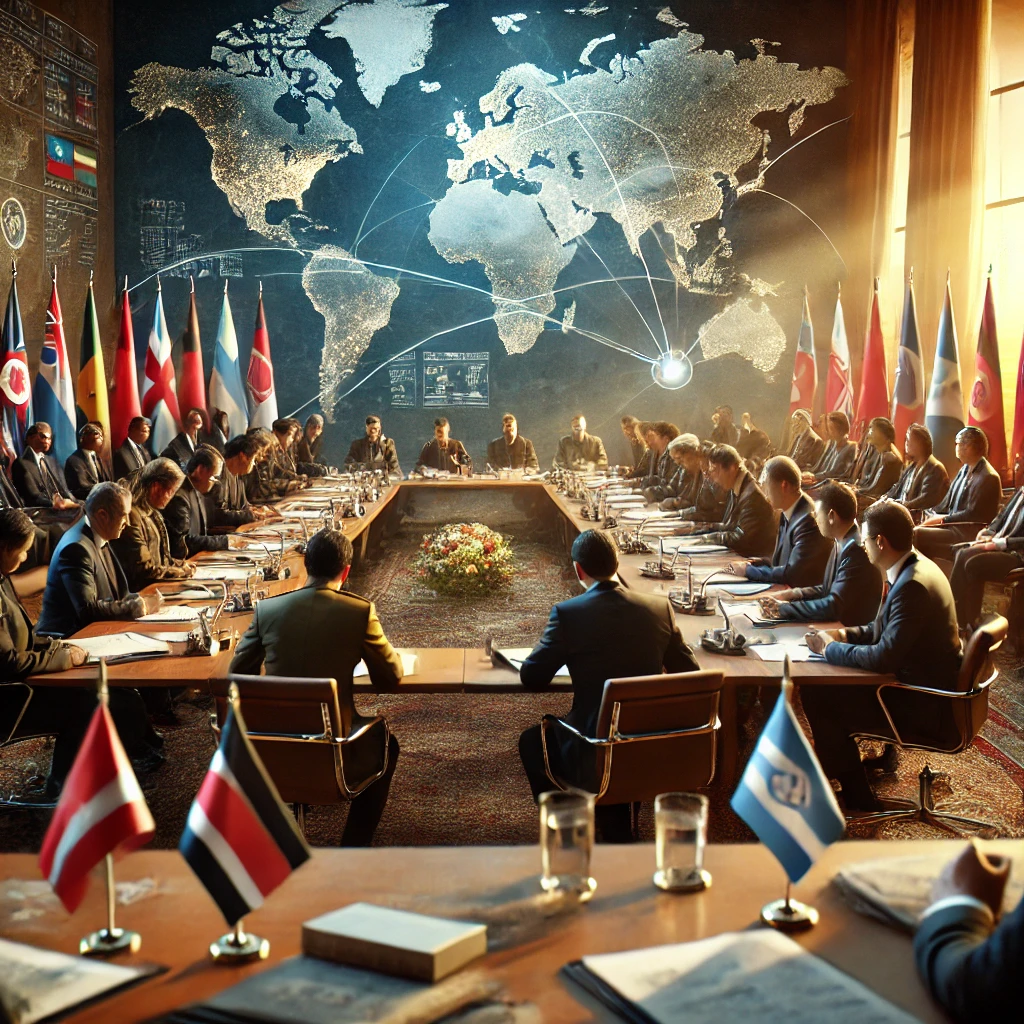Introduction: A Conflict Shaped by History
The Israeli-Palestinian conflict is perhaps one of the most enduring and contentious disputes in modern history. It has been characterized by decades of violence, failed peace efforts, and deep-rooted animosities that have continued to dominate international headlines. The recent upsurge of Israeli strikes in Gaza has once again brought this region into the limelight, highlighting the fragile state of the region and the magnitude of challenges facing it.
Background: The Roots of the Tensions
The history of the Israeli-Palestinian conflict dates back to the early 20th century, with both sides having strong nationalist movements and territorial claims. Gaza is a narrow strip along the Mediterranean with great historical and geopolitical significance; it is inhabited by more than two million Palestinians and has been under blockade since 2007, making it one of the most densely populated and impoverished places on earth.
This long-standing friction between Israel and the rule of Gaza, mostly Hamas, has led to periodic escalations. Each flare-up represents a symptom of deeper issues, including conflicts over land ownership, sovereignty, and the right of return of Palestinian refugees.
Israeli Strikes: Events and Immediate Ramifications
Recent Israeli strikes in Gaza were prompted by increasing violence along the border and rocket attacks from Hamas militants. In response, Israeli forces launched airstrikes targeting what they described as militant infrastructure, including weapon depots and command centers. However, the impacts extended far beyond military objectives.
The strikes were largely targeted at civilians, with reports of casualties, including women and children. Residential buildings, schools, and medical facilities were damaged, adding to the suffering of Gaza’s already vulnerable population. The strikes have reopened debates on proportionality, accountability, and the ethical dimensions of modern warfare.
International Reactions and Diplomacy
The international reaction to the airstrikes has been varied, with some reflecting the political complexities of the conflict. The Western powers, including the United States and a few European nations, reaffirmed Israel’s right to self-defense but called for restraint. However, most of the Middle Eastern nations and other global human rights organizations condemned the strikes, calling attention to the humanitarian cost.
The international bodies, for instance, United Nations, called for ceasefires and renewed dialogue. However, the challenge lies in achieving an agreement among the member states given the divergent political and strategic interests.
Humanitarian Crisis: The Cost to Civilians
The humanitarian losses in Gaza have been devastatingly heavy. This has seen countless families displace to cramp into overpopulated shelters, access little food or water, or see proper and decent medical facilities. Destruction in crucial infrastructure also continues, further crippling living circumstances such as blowing power plants, among others in water systems.
Non-governmental organizations and international aid agencies are striving hard to help, but entry into the devastated areas is restricted. The present blockade makes the job of bringing basic supplies and reconstruction of the ravaged region more complicated.
Geo-Political Impact of Strikes:
The Israeli strikes have significant implications for the broader Middle East. They have strained relations between Israel and neighboring Arab states that have recently normalized ties through agreements such as the Abraham Accords. These developments risk derailing fragile diplomatic progress.
At the same time, strikes deepen divisions within the Palestinian territories, complicating efforts to unify political factions. The broader regional landscape, shaped by rivalries involving Iran, Saudi Arabia, and other key players, adds layers of complexity to an already volatile situation.
Paths Forward: Prospects for Resolution
To achieve durable peace in the Israeli-Palestinian conflict, one must deal with its root causes through comprehensive dialogue and international support. Easing blockades and ensuring humanitarian access are measures that can act as a step toward de-escalation.
Global forces have the proactive role in nurturing dialogue, utilizing their power and influence to drive people toward compromise. Popular efforts geared towards coexistence between Israelis and Palestinians also raise the hope that bottom-up approaches might sustain diplomatic effort.
Conclusion: The Human and Political Cost
Israeli attacks in Gaza underlined the perpetual human and political toll of the Middle East conflict. The greatest victim continues to be civilians, held captive by endless rounds of violence with no seeming end in view. And while the world continues to witness these developments, it increasingly demands a durable resolution to this ongoing violence.
Breaking this cycle would require a concerted effort on a global level and address the deep-seated grievances that fuel this war. Only by making a serious commitment to peace and justice will the region have a future without the shadow of war.

